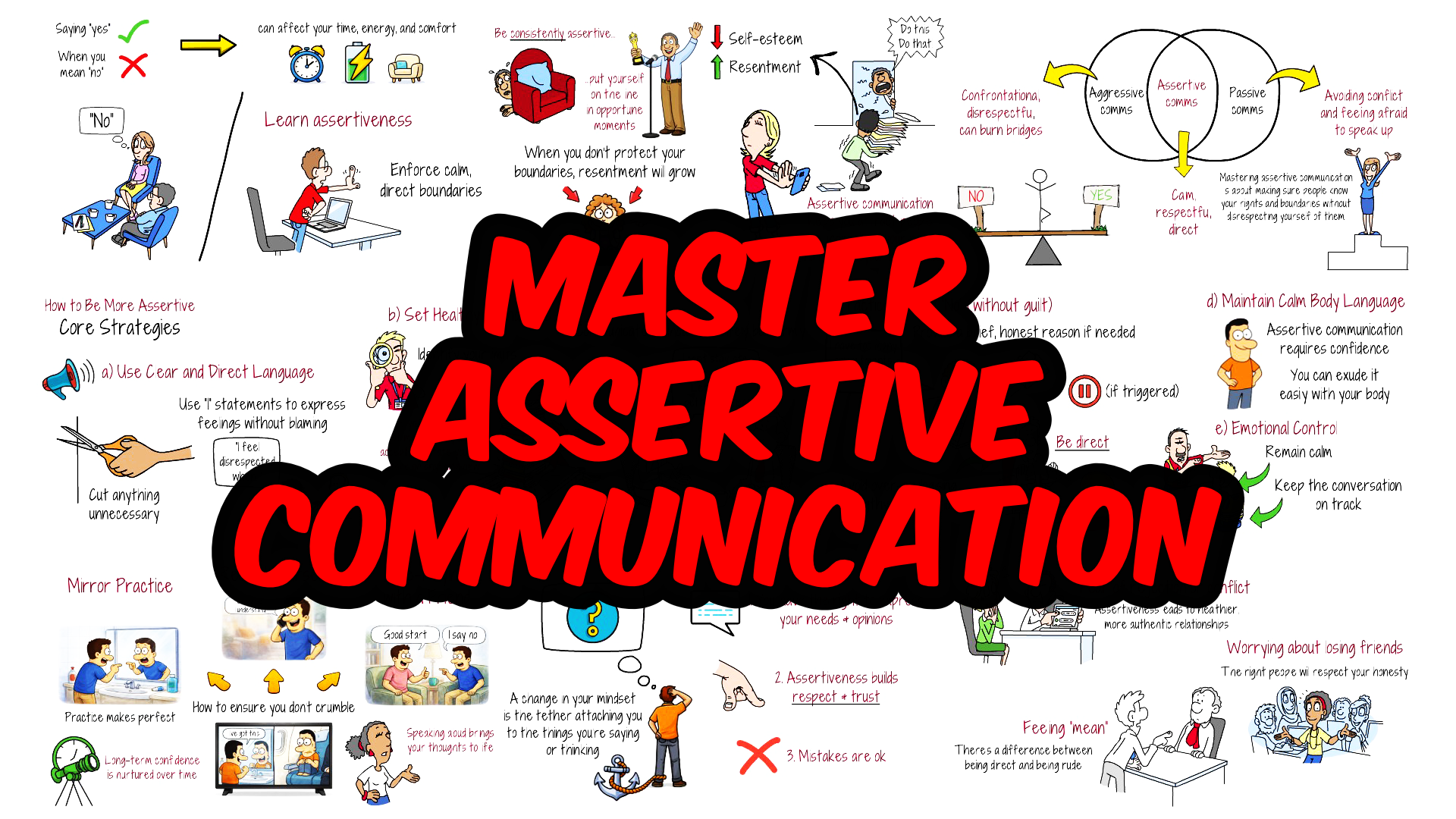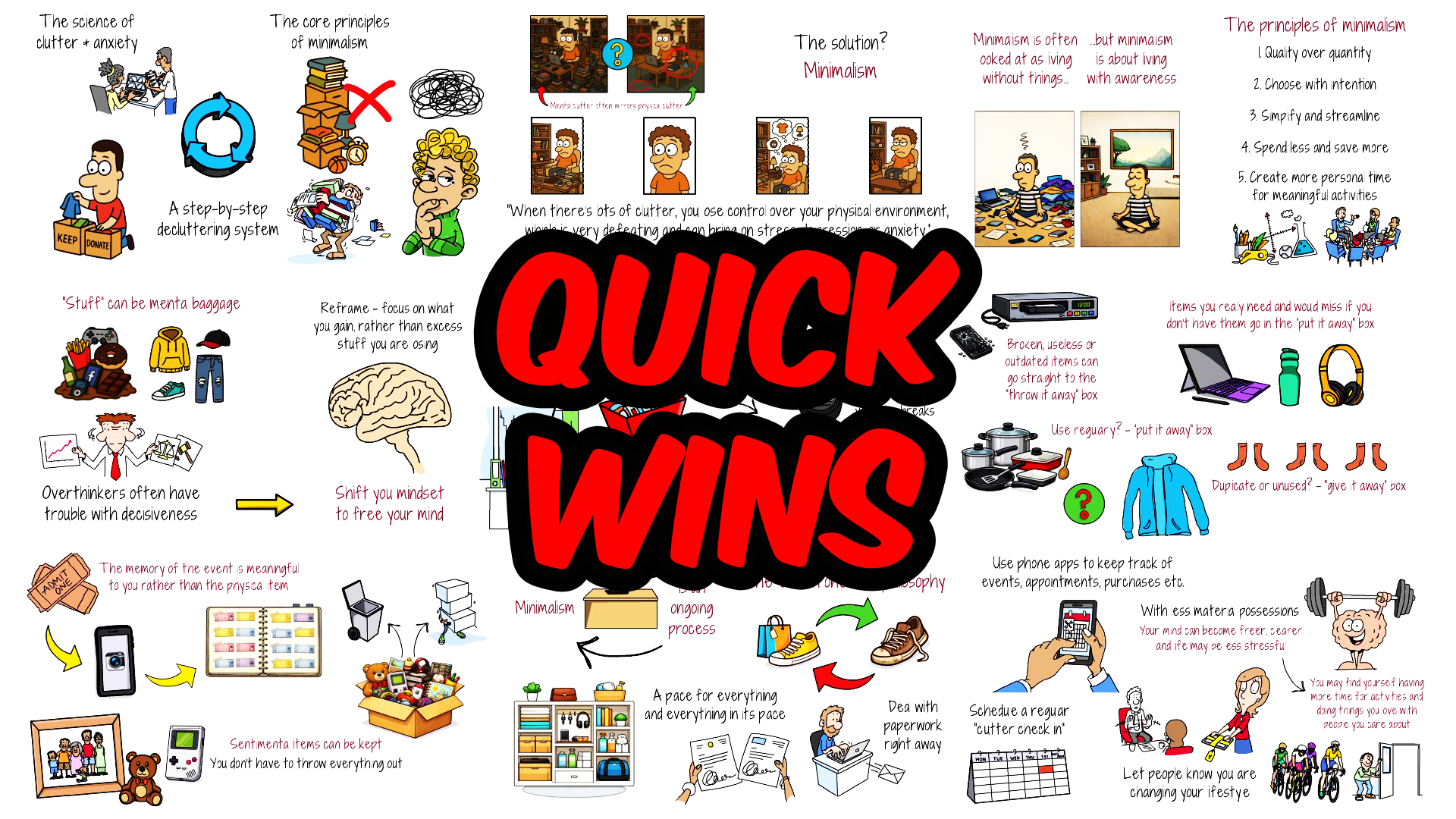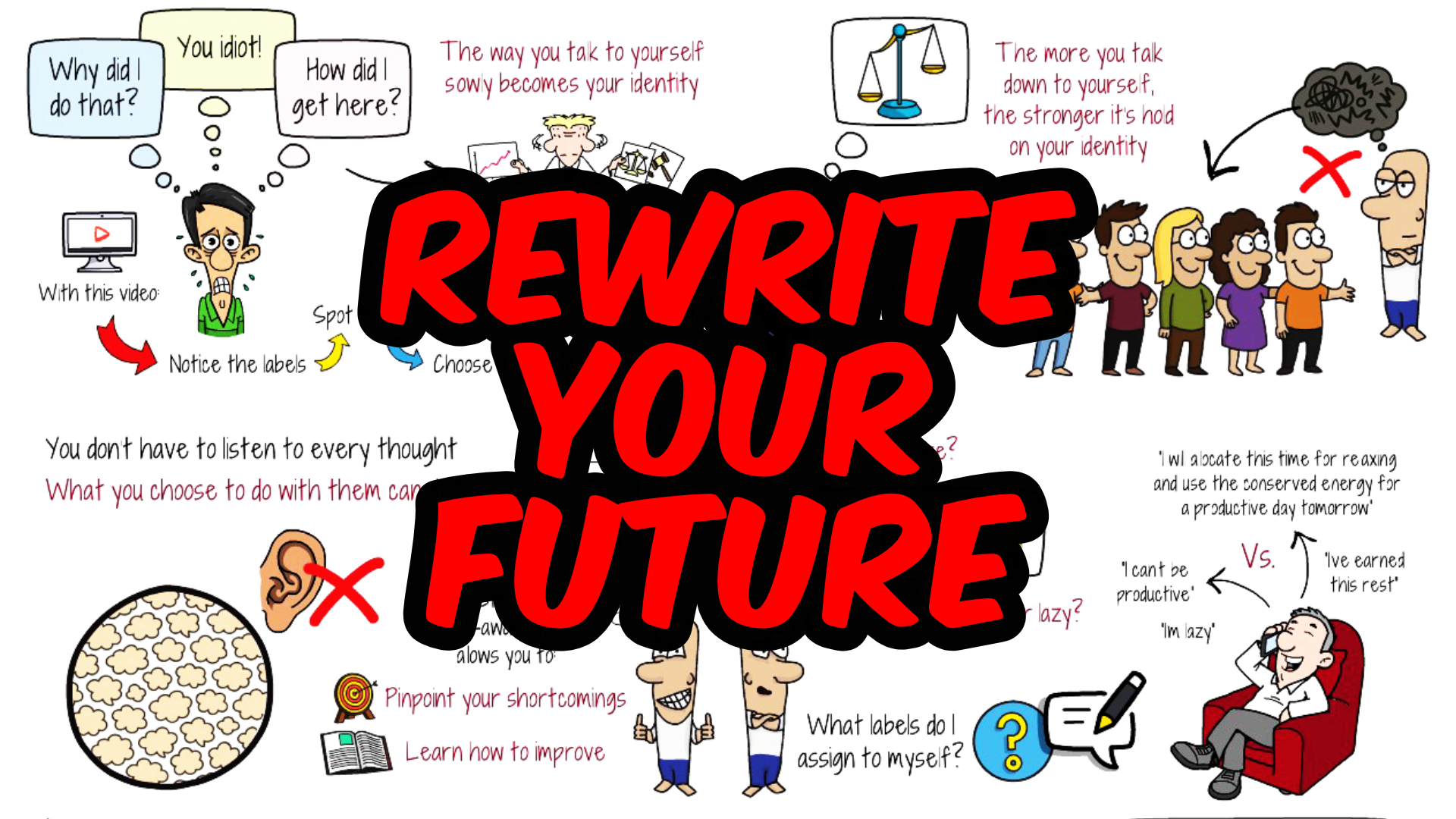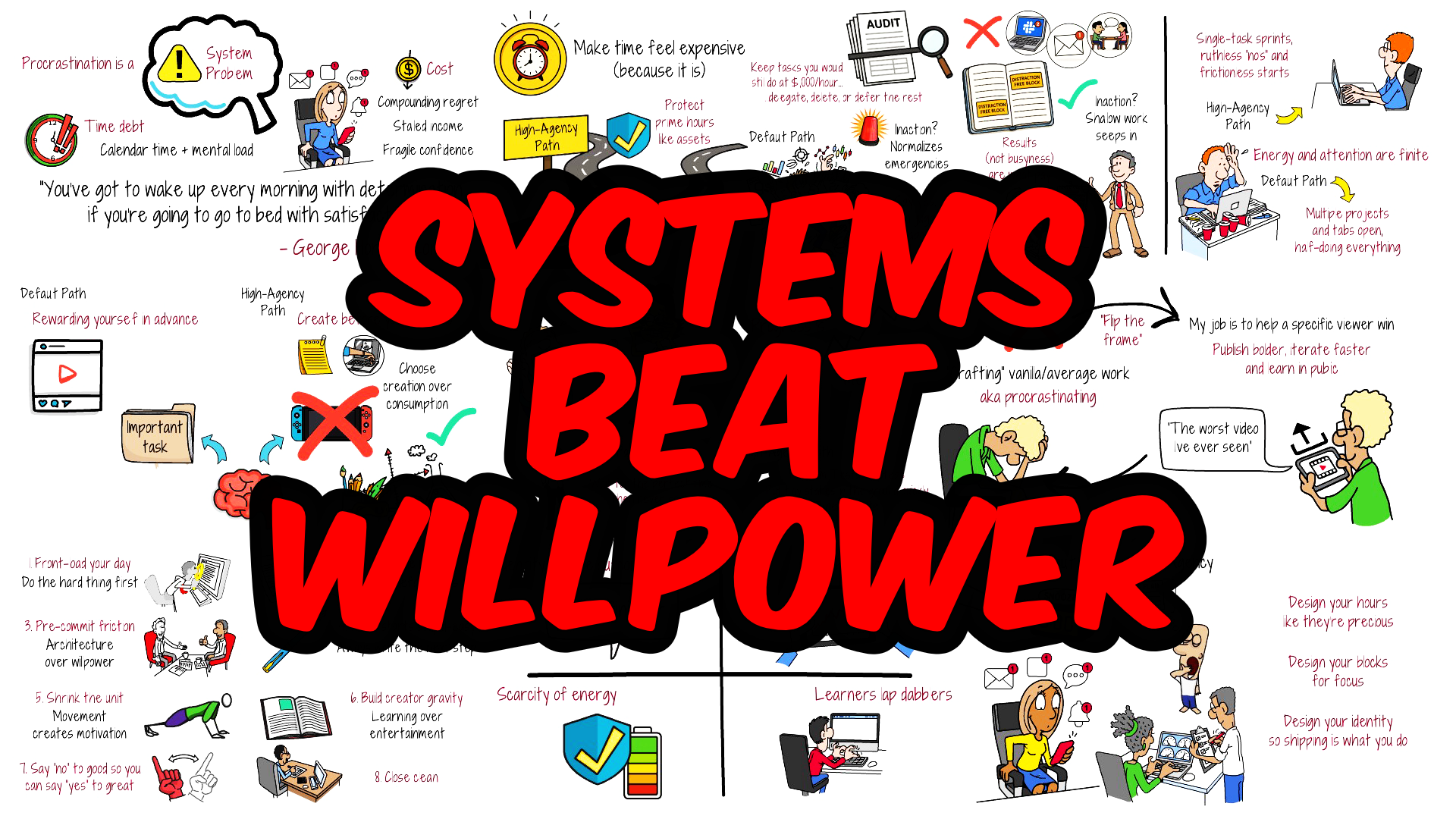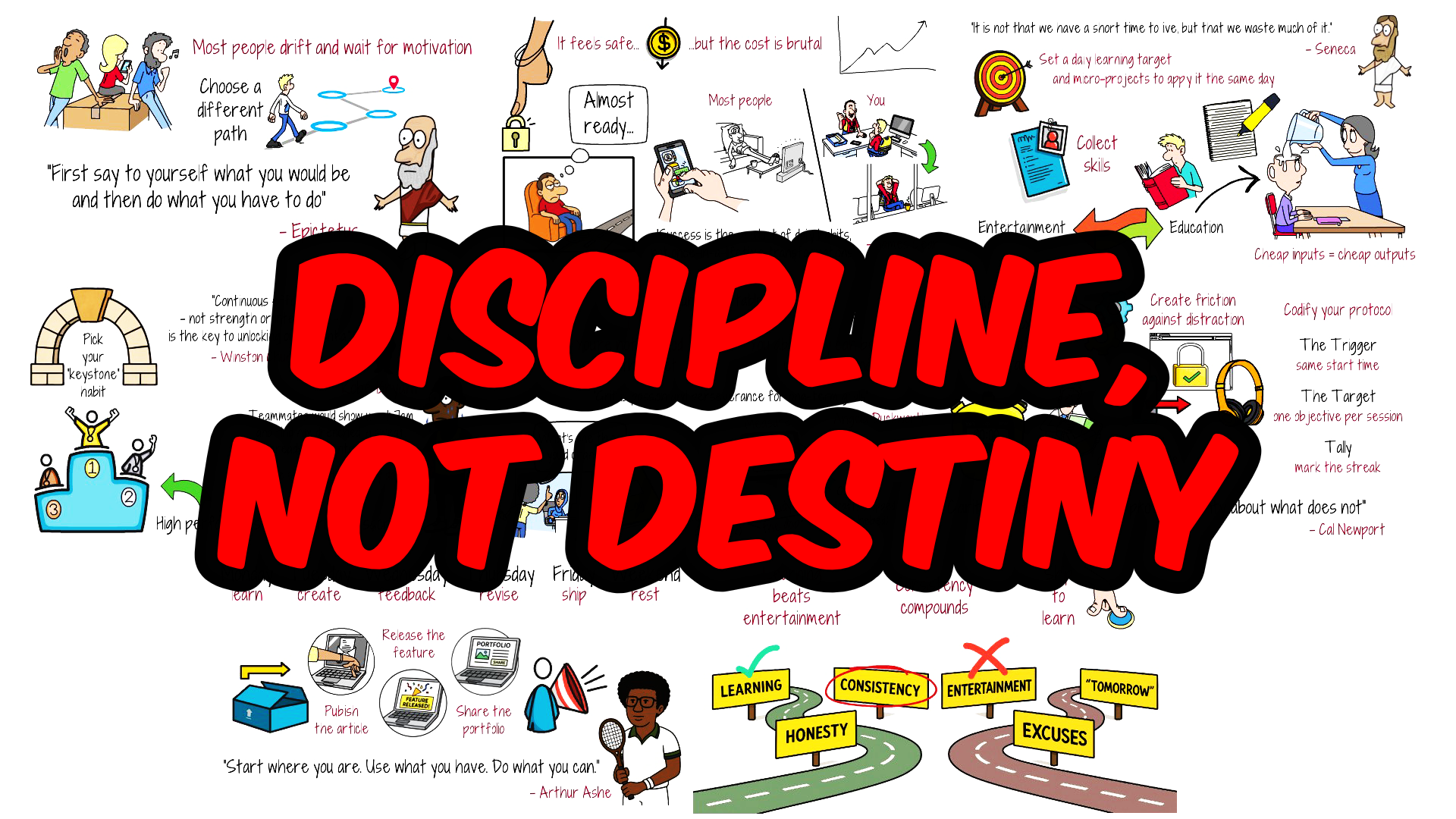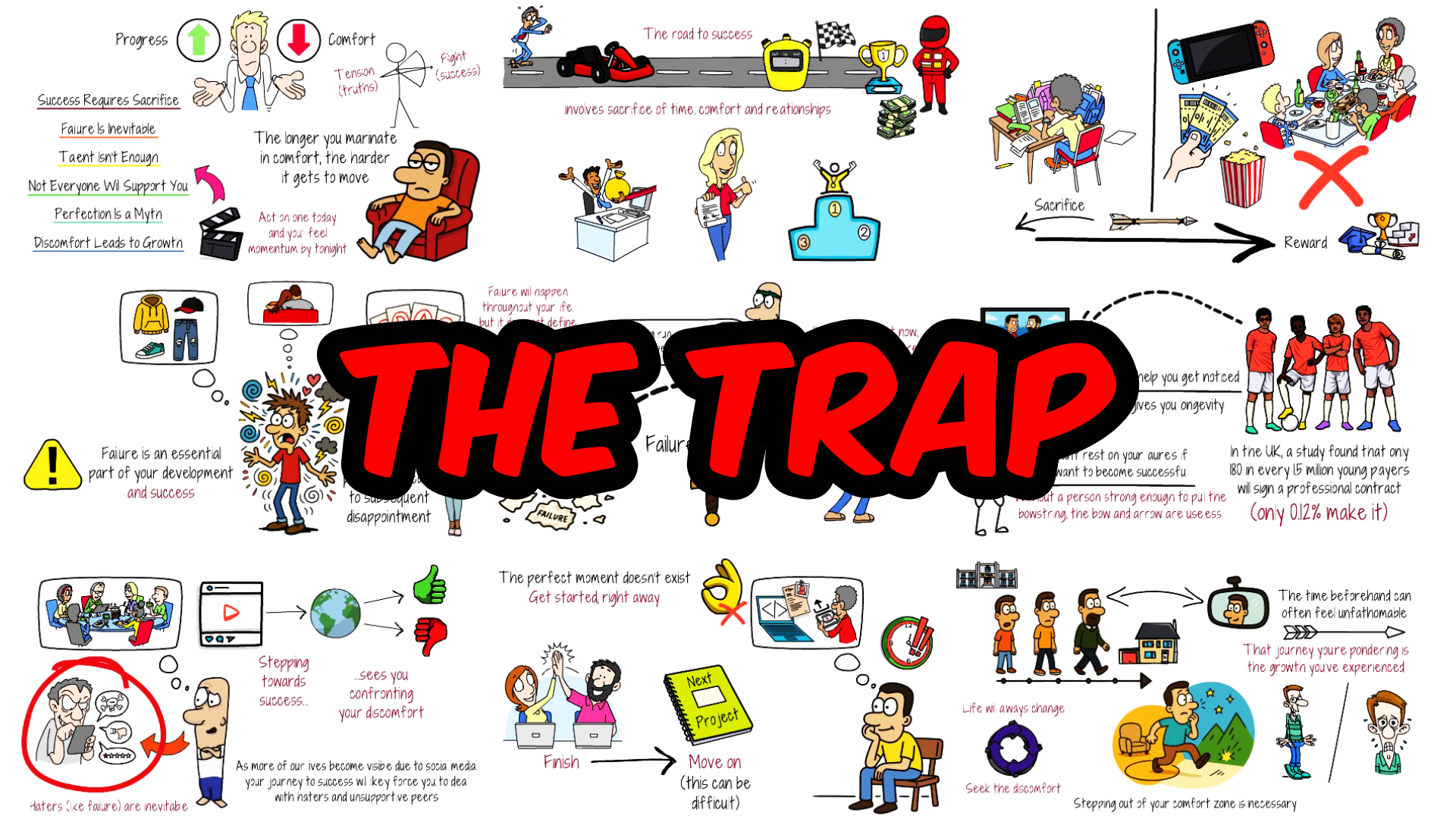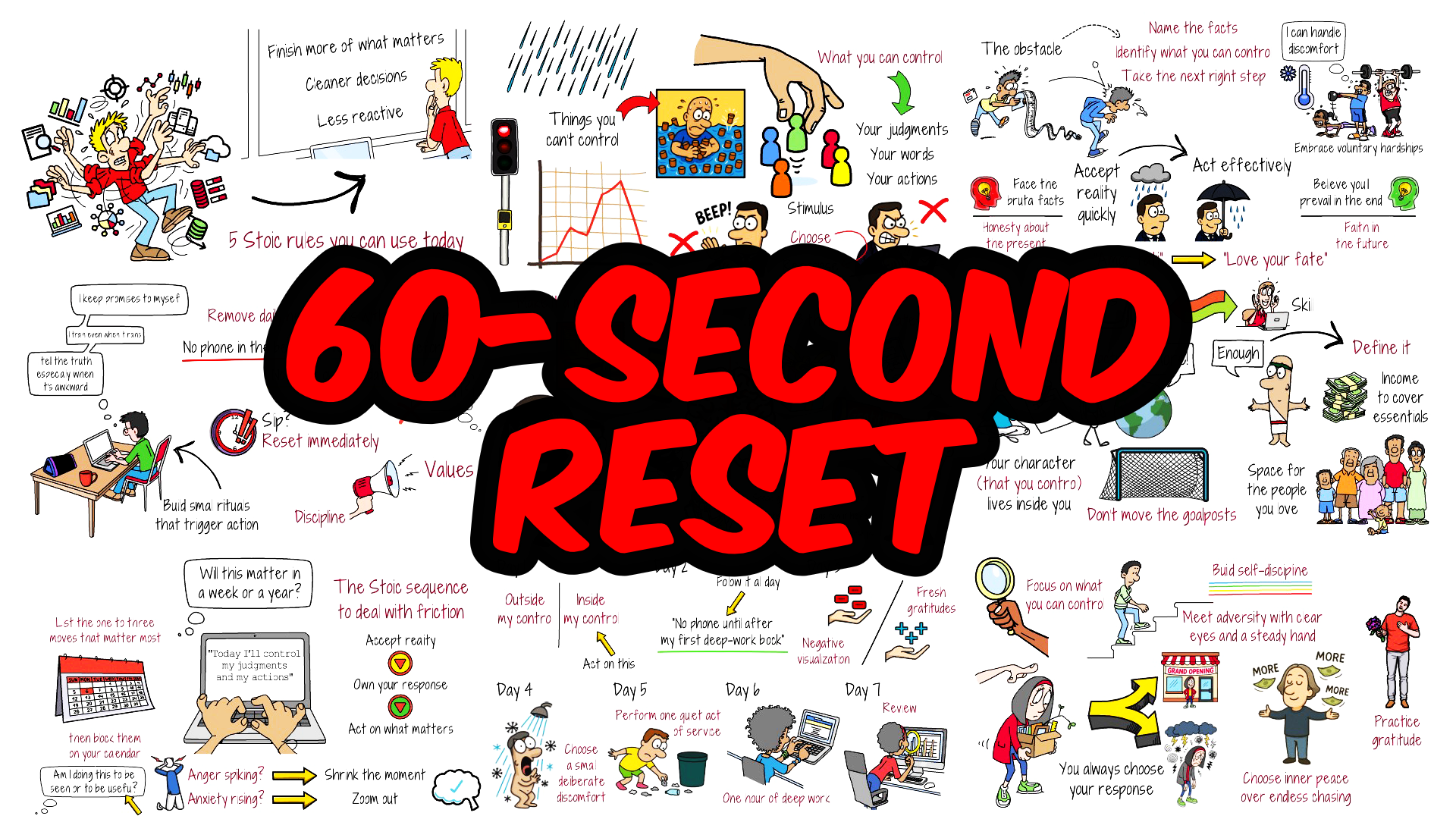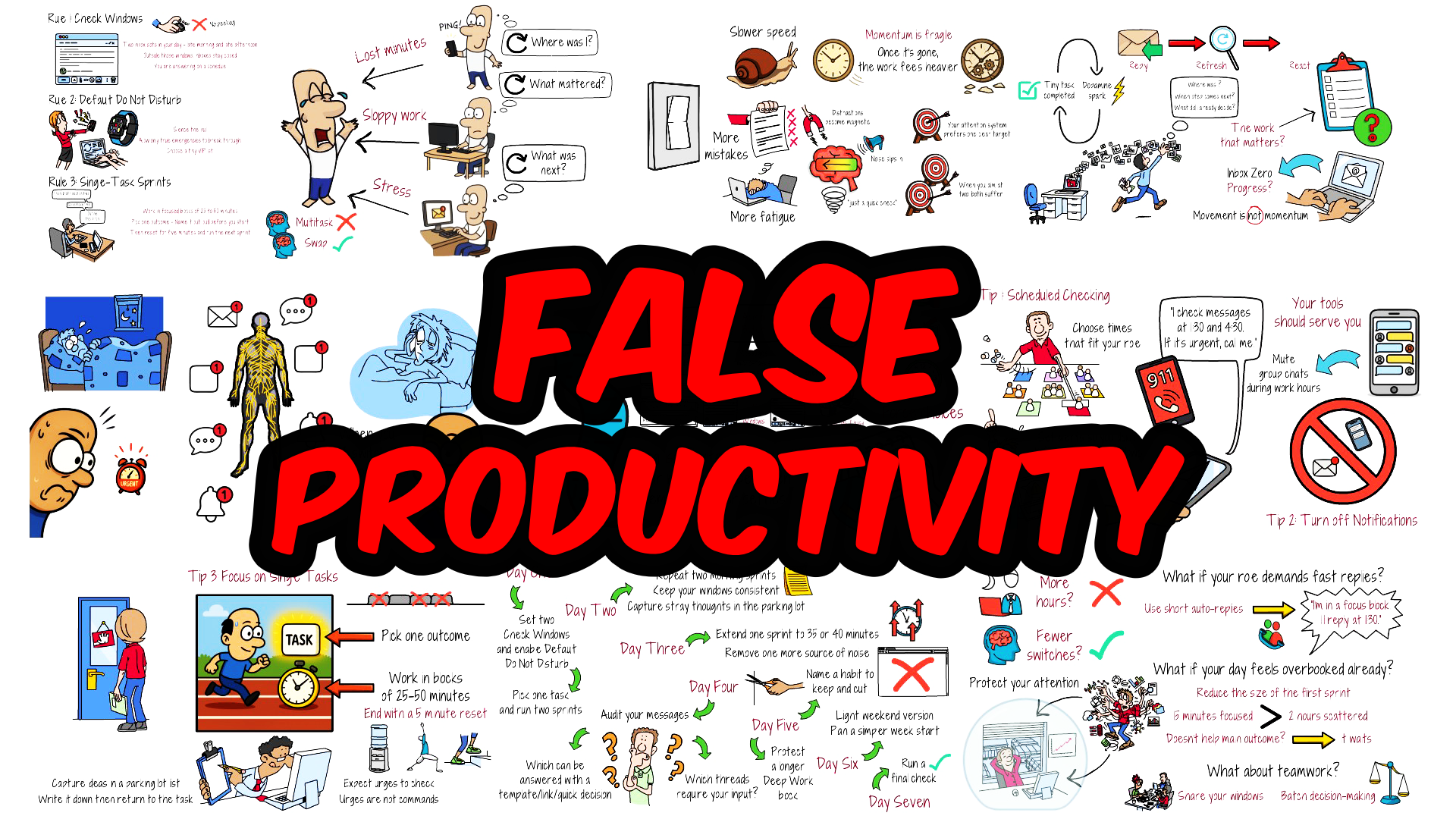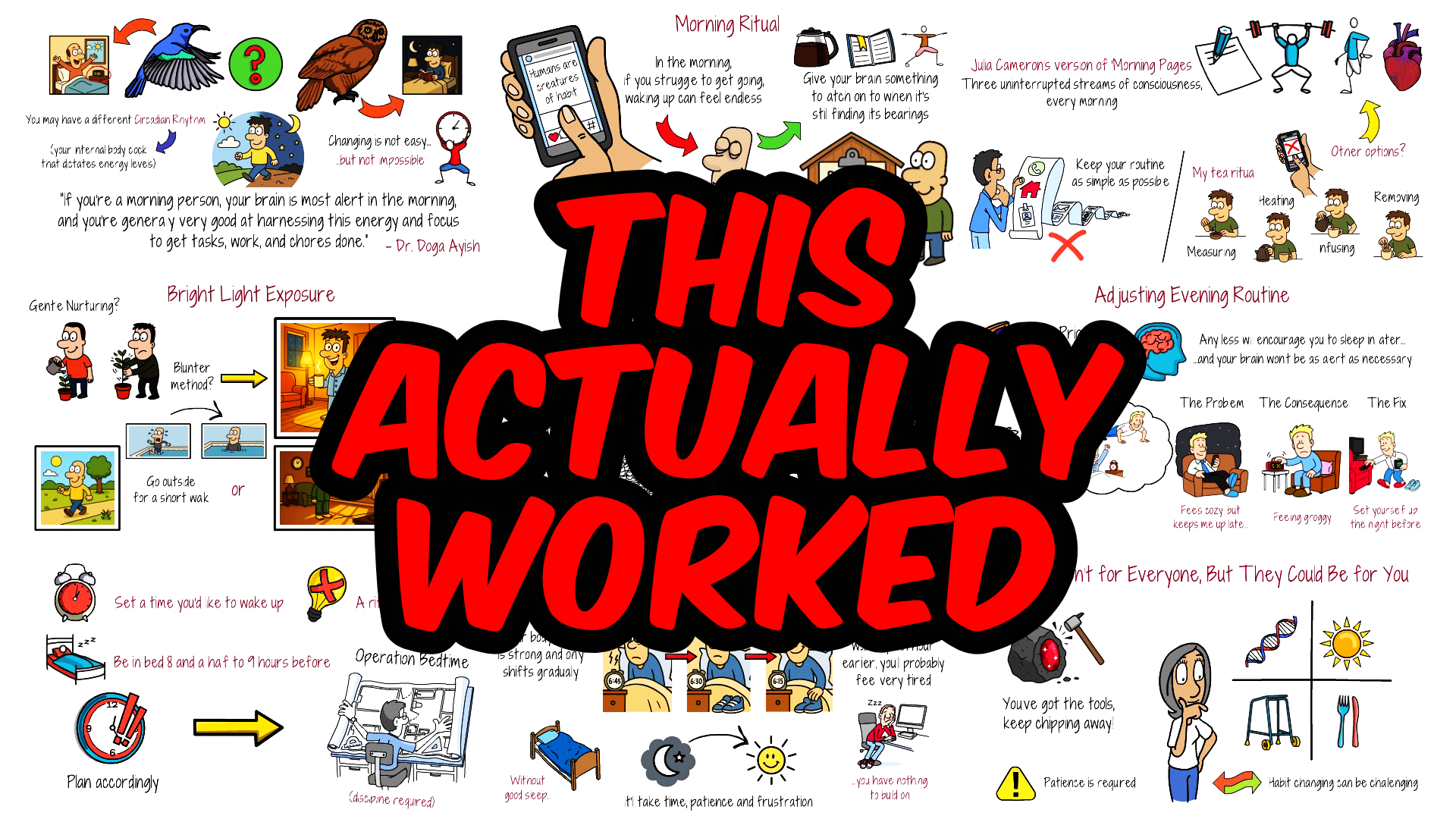“No.”
It’s a simple word. Powerful too. Yet it is often met with a less-than warm reception. There are many people who say “yes” to most things thrown their way, often in fear of saying “no.”
In reality, saying “no” isn’t anything other than being assertive. Not abrasive, confrontational, or anything in between. It’s an important but small part of assertive communication. Mastering it means to know your boundaries and communicate them in an effective, non-confrontational manner. If you don’t honour your boundaries, then you are giving someone else the opportunity to take advantage of you. By setting and enforcing what you’re comfortable with, whether that’s in your work, social, or personal life, you form your character and establish a social image (even if the social circle itself is small).
